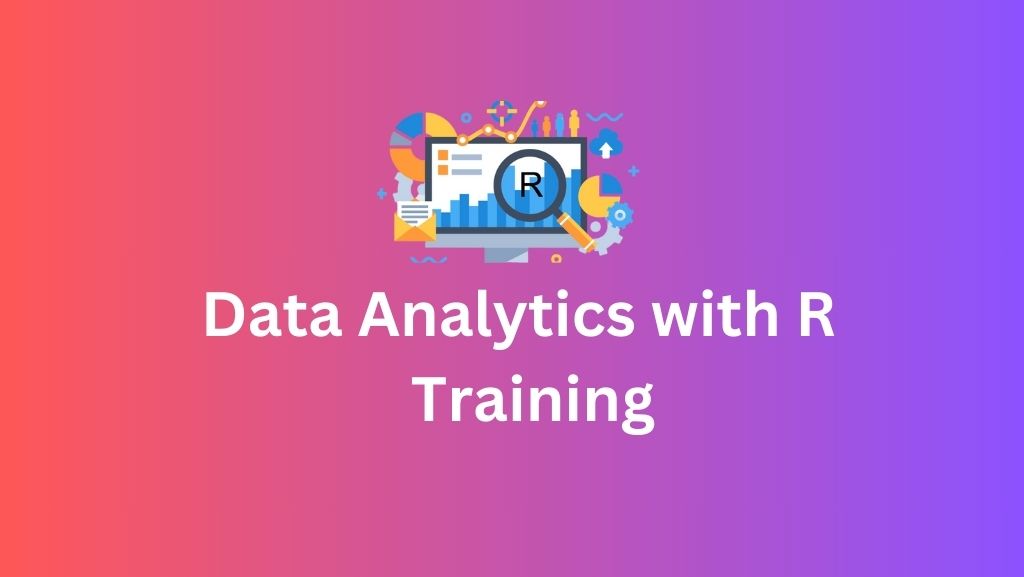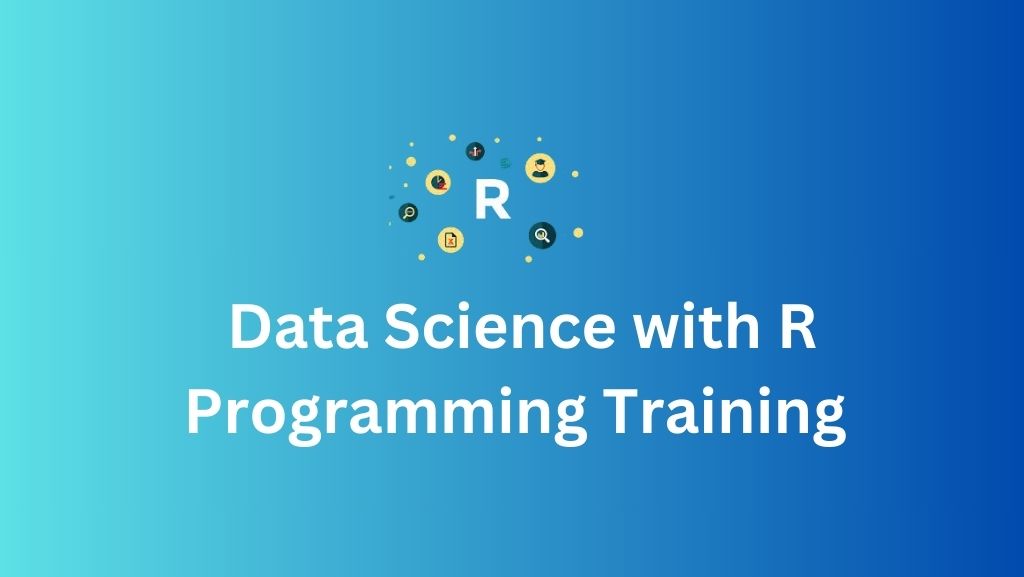Upcoming Batches for Data Science with Python
Not compatible with the above dates?
Data Science with Python Course Details
The Data Science with Python certification course at Zx Academy teaches the candidate to master Python programming concepts. During the Python Data Science training, a candidate will learn Machine Learning, Data Analysis, Web Scraping, Data Visualization, and NLP.
The Python Data Science certification course enables the candidate to learn the concepts from scratch and master vital Python programming concepts like file operations, object-oriented programming, data operations, and many Python libraries like Numpy, Pandas, Matplotlib essential for Data Science. Besides, the Python Data Science course makes the candidate understand various types of Recommendation Systems, Machine Learning, and several concepts of Data Science.
Highlights of Zx Academy Training:
- 24/7 Support throughout the training period
- Live online classes
- Training under industry experts
- Free study material
- Flexible timings to all our students
What will you learn in Data Science with Python Certification training?
After completion of the Data Science with Python Certification training, you will learn:
- Sequences and File Operations
- Data Manipulation
- Supervised Learning
- Unsupervised Learning
- Dimensionality Reduction
- Association Rules Mining and Recommendation Systems
- Model Selection and Boosting
- Time Series Analysis
Who should take this Data Science with Python Certification training?
The Data Science with Python Certification training course is suited for:
- Technical Leads, Developers
- Analytics Managers
- Business Analysts
- Predictive Analytics
- Architects
What are the prerequisites for taking Data Science with Python Certification training?
The prerequisites for taking Data Science with Python certification training are:
- Basic understanding of computer programming languages.
- Basics of Data Analysis.
Why should you go for Data Science with Python Certification training?
Zx Academy's Data Science with Python course training helps the candidate gain applied data science expertise using Python. This course is packed with many activity assignments, problems, and scenarios that ensure a candidate attains practical experience in addressing predictive modeling problems. The Data Science with Python Certification training covers both fundamental and advanced topics like Python scripts, file operations, and sequence. The candidate can use a few libraries like NumPy, Scikit, Pandas, and Matplotlib.
Salary Trends:
According to Glassdoor, the average salary of a Data Scientist is $1,70,000 per year.Are you excited about this?
Data Science with Python Curriculum
The Companies using Python
Different Applications where it is used
Discuss Python Scripts on UNIX/Windows
Values, Types, Variables
Operands and Expressions
Conditional Statements
Loops
Command Line Arguments
Writing to the screen
Numbers
Strings and related operations
Tuples and related operations
Lists and related operations
Dictionaries and related operations
Sets and related operations
Function Parameters
Global Variables
Variable Scope and Returning Values
Lambda Functions
Object-Oriented Concepts
Standard Libraries
Modules Used in Python
The Import Statements
Module Search Path
Package Installation Ways
Errors and Exception Handling
Handling Multiple Exceptions
Operations on arrays
Indexing slicing and iterating
Reading and writing arrays on files
Pandas - data structures & index operations
Reading and Writing data from Excel/CSV formats into Pandas
matplotlib library
Grids, axes, plots
Markers, colours, fonts and styling
Types of plots - bar graphs, pie charts, histograms
Contour plots
Merging of Data objects
Concatenation of data objects
Types of Joins on data objects
Exploring a Dataset
Analysing a dataset
What is Machine Learning?
Machine Learning Use-Cases
Machine Learning Process Flow
Machine Learning Categories
Linear regression
Gradient descent
What is Decision Tree?
Algorithm for Decision Tree Induction
Creating a Perfect Decision Tree
Confusion Matrix
What is Random Forest?
Why Dimensionality Reduction
PCA
Factor Analysis
Scaling dimensional model
LDA
How Naïve Bayes works?
Implementing Naïve Bayes Classifier
What is Support Vector Machine?
Illustrate how Support Vector Machine works?
Hyperparameter Optimization
Grid Search vs Random Search
Implementation of Support Vector Machine for Classification
What is K-means Clustering?
How does K-means algorithm work?
How to do optimal clustering
What is C-means Clustering?
What is Hierarchical Clustering?
How Hierarchical Clustering works?
Association Rule Parameters
Calculating Association Rule Parameters
Recommendation Engines
How does Recommendation Engines work?
Collaborative Filtering
Content-Based Filtering
Elements of Reinforcement Learning
Exploration vs Exploitation dilemma
Epsilon Greedy Algorithm
Markov Decision Process (MDP)
Q values and V values
Q – Learning
α values
Importance of TSA
Components of TSA
White Noise
AR model
MA model
ARMA model
ARIMA model
Stationarity
ACF & PACF
The need for Model Selection
Cross-Validation
What is Boosting?
How Boosting Algorithms work?
Types of Boosting Algorithms
Adaptive Boosting
Like the curriculum?
Projects on Data Science with Python
Exploratory Data Analysis (EDA) on an Actual Dataset: A Case Study:
Select an existing dataset, cleanse its data and conduct exploratory data analysis before creating visualizations to understand data patterns and relationships.
Predictive Modeling with Supervised Machine Learning Algorithm:
Construct a predictive model using a supervised machine learning algorithm such as linear regression or decision trees. Train and test it against data to evaluate its performance metrics such as accuracy or mean squared error.
Project Resources
Data Science with Python Certification

Get certification or Get ahead with Zx Academy’s Certification or
Faq’s for Data Science with Python
Reviews
bhavya
vani




